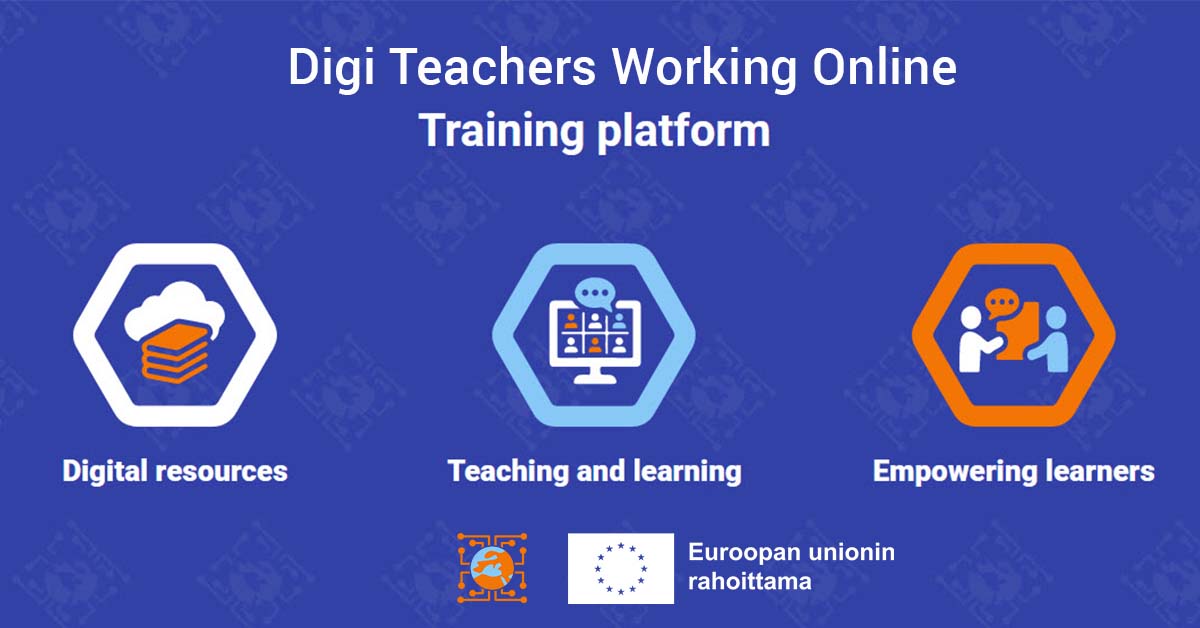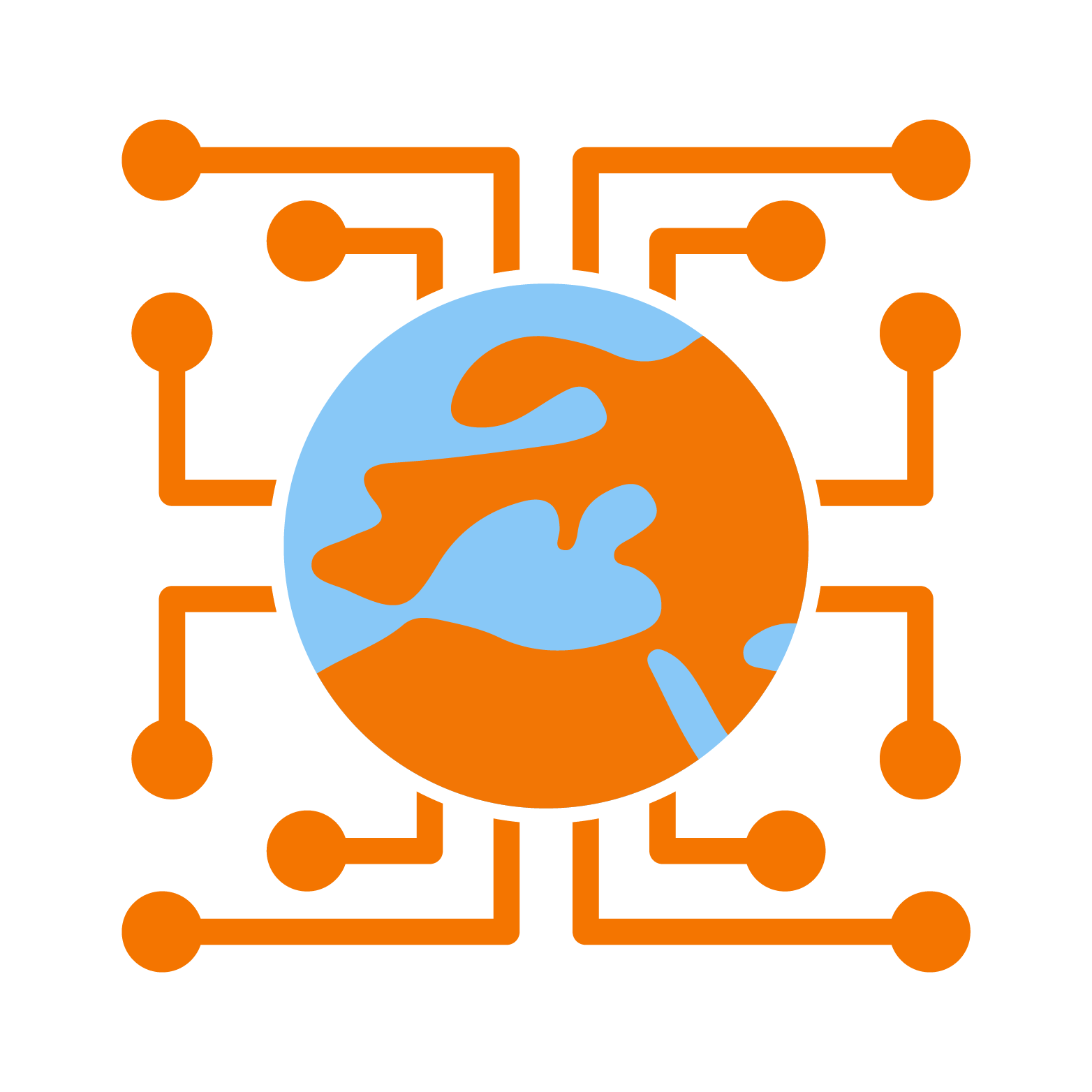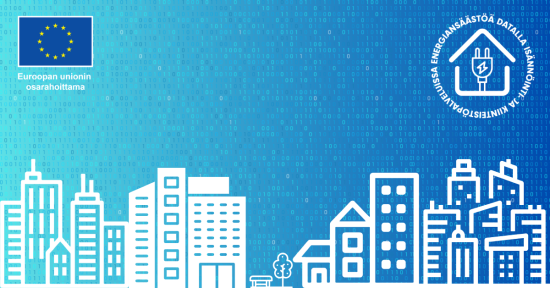The ongoing training pilot involves teachers from Finland, Germany, Italy, and Spain. A shared learning platform enables peer learning with colleagues from different countries, while country-specific implementations allow for the utilization of existing applications in partner organizations and taking different target groups into consideration. The project partners’ clients include vocational students, individuals with developmental disabilities, as well as young and adult participants in rehabilitative work activities.
Based on country-specific surveys and the DigCompEdu framework, TIEKE has played a central role in defining a common curriculum and learning objectives, as well as verifying competencies with digital open badges.
All outputs will be compiled and made available on a website, with the first version already containing curriculum, training materials, evaluation tasks, tool descriptions, and additional information on digital badges. The contents of the pages are produced in English, with automatic translation used for language versions so far. Work on the website and toolkit will continue into autumn 2024.
Digi Teachers Working Online -project in a nutshell
Main objectives:
In the Digi Teachers project we create new digital training content and methods to develop digital competence of VET staff working with students with special needs.
Teachers in the participating organisations will gain new digital and pedagogical methods to benefit the students and enhance the quality of online teaching and learning.
Duration:
1.11.2021 – 30.10.2024
Project partners:
Live Foundation, Suomi (project lead), www.livesaatio.fi
Amadip. Esment Fundación, Spain, www.amadipesment.org
Arbeit und Bildung, Germany, www.arbeit-und-bildung.de
OPEN group, Italy, opengroup.eu/
Arfie, Belgium, www.arfie.info
TIEKE Finnish Information Society Development Centre, Finland, www.tieke.fi
Funded by:
Erasmus+ -programme coordinated by Finnish National Agency for Education
Contact information:
In TIEKE Hanna Vuohelainen
In Live Foundation project coordinatior Karoliina Oksanen, +358 40 661 4424, karoliina.oksanen@inlive.fi











